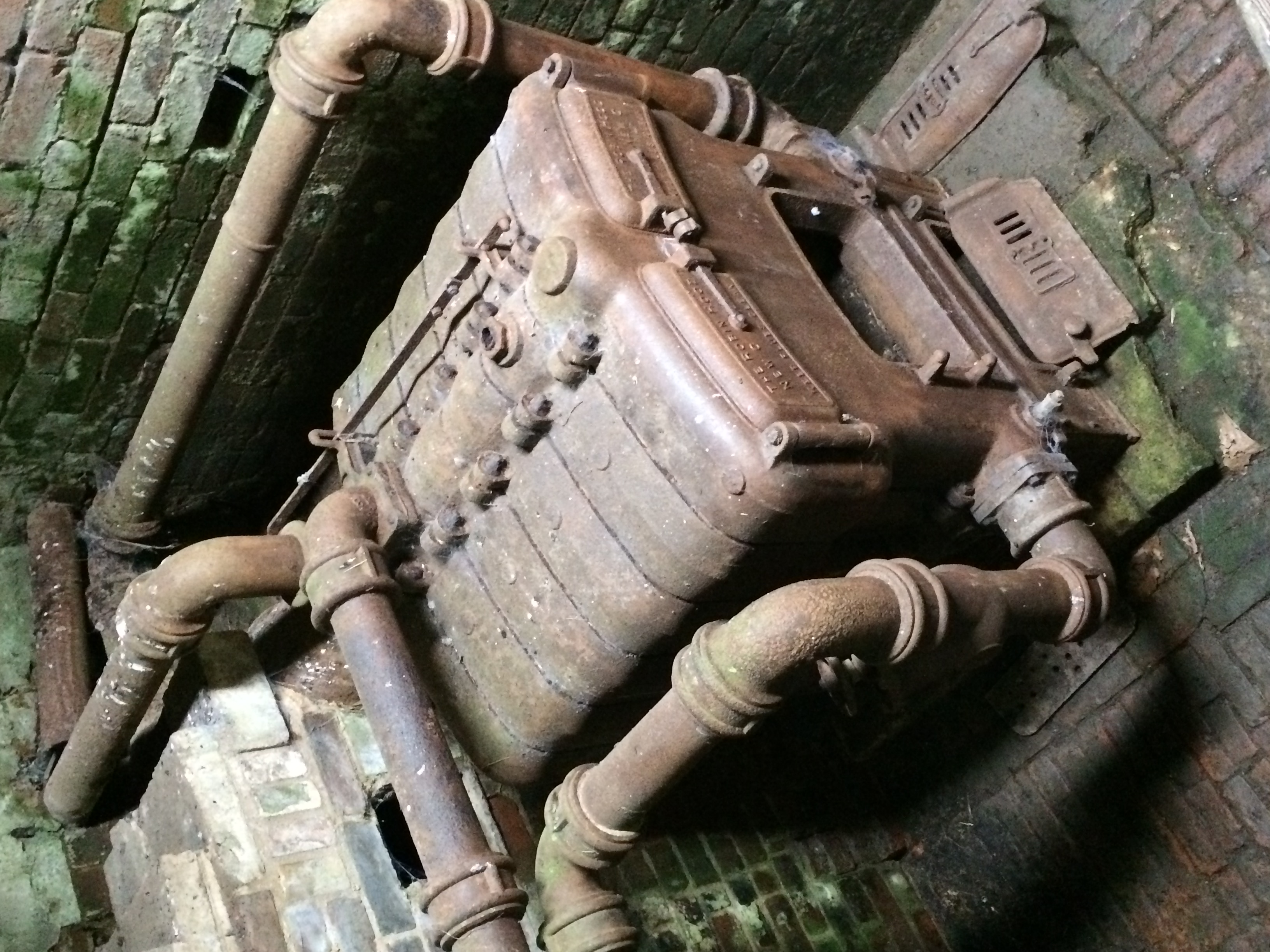Beeston Boiler Company on:
[Wikipedia]
[Google]
[Amazon]



 The Beeston Boiler Company was a manufacturing company based in
The Beeston Boiler Company was a manufacturing company based in



 The Beeston Boiler Company was a manufacturing company based in
The Beeston Boiler Company was a manufacturing company based in Nottinghamshire
Nottinghamshire (; abbreviated Notts.) is a landlocked county in the East Midlands region of England, bordering South Yorkshire to the north-west, Lincolnshire to the east, Leicestershire to the south, and Derbyshire to the west. The traditi ...
, England
England is a country that is part of the United Kingdom. It shares land borders with Wales to its west and Scotland to its north. The Irish Sea lies northwest and the Celtic Sea to the southwest. It is separated from continental Europe b ...
which produced industrial heating units for a wide range of uses, including commercial, horticultural and residential applications.
It was founded on 10 April 1893 and its registered office was at Mona Street in Beeston near Nottingham
Nottingham ( , East Midlands English, locally ) is a city status in the United Kingdom, city and Unitary authorities of England, unitary authority area in Nottinghamshire, East Midlands, England. It is located north-west of London, south-east ...
.
Originally, the company name was 'The Beeston Foundry Company Limited' but in 1923 the company changed its name to 'The Beeston Boiler Company Limited'. In 1943 it became a public company, and by 1961 was employing 850 people, and was at that time advertising itself as makers of cast iron boilers, garage and greenhouse boilers, hot water pipes, connections and cast iron valves.
The company was founded in 1893 by Henry John Pearson
Henry John Pearson, FRGS (29 August 1850 in Chilwell, Nottinghamshire – 8 February 1913 in Asyut, Egypt) was a British ornithologist, naturalist, businessman and explorer of the Far North of Europe.
Biography
The eldest son of Mr. J. R. P ...
(1850–1913), in conjunction with his elder brother, Louis Frederick Pearson (1863–1943). Henry became the company's first chairman, followed by Louis after Henry's death. Louis Pearson then took on an important role during WWI
World War I (28 July 1914 11 November 1918), often abbreviated as WWI, was one of the deadliest global conflicts in history. Belligerents included much of Europe, the Russian Empire, the United States, and the Ottoman Empire, with fightin ...
when the company assisted with the production of munitions
Ammunition (informally ammo) is the material fired, scattered, dropped, or detonated from any weapon or weapon system. Ammunition is both expendable weapons (e.g., bombs, missiles, grenades, land mines) and the component parts of other weap ...
, eventually earning him a CBE
The Most Excellent Order of the British Empire is a British order of chivalry, rewarding contributions to the arts and sciences, work with charitable and welfare organisations,
and public service outside the civil service. It was established o ...
. The company occupied a 28-acre site adjacent to the Midland Railway Company
The Midland Railway (MR) was a railway company in the United Kingdom from 1844. The Midland was one of the largest railway companies in Britain in the early 20th century, and the largest employer in Derby, where it had its headquarters. It am ...
's line in Beeston, which it first occupied in 1896, and which became known to local people simply as 'The Foundry'.
In 1910 the company became engaged in some form of legal action against the Midland Railway Company, with detailed records of the litigation eventually deposited in The National Archives
National archives are central archives maintained by countries. This article contains a list of national archives.
Among its more important tasks are to ensure the accessibility and preservation of the information produced by governments, both ...
.
The company ran into financial difficulties during the 1970s and became insolvent
In accounting, insolvency is the state of being unable to pay the debts, by a person or company (debtor), at maturity; those in a state of insolvency are said to be ''insolvent''. There are two forms: cash-flow insolvency and balance-sheet inso ...
; an administrative receiver
In law, receivership is a situation in which an institution or enterprise is held by a receiver—a person "placed in the custodial responsibility for the property of others, including tangible and intangible assets and rights"—especially in ca ...
was appointed in 1976.
Robin Hood boiler
The Robin Hood range of boilers was introduced around the start of the 20th century, with adverts appearing inThe Times
''The Times'' is a British daily national newspaper based in London. It began in 1785 under the title ''The Daily Universal Register'', adopting its current name on 1 January 1788. ''The Times'' and its sister paper ''The Sunday Times'' (fou ...
as early as 1912, both for the boiler and 'Beeston radiators'.
In the 1930s, two Robin Hood boilers were installed to provide horticultural heating in the large gardens at Calke Abbey
Calke Abbey is a Grade I listed country house near Ticknall, Derbyshire, England, in the care of the charitable National Trust.
The site was an Augustinian priory from the 12th century until its dissolution by Henry VIII. The present building, n ...
in the 1930s. One of them, a New C Pattern model, was introduced by the company in August 1930. At Calke its six sections fed three circuits, providing heat to the mushroom house, the vinery, and the cucumber houses. The boiler remains on public view in what is now a National Trust
The National Trust, formally the National Trust for Places of Historic Interest or Natural Beauty, is a charity and membership organisation for heritage conservation in England, Wales and Northern Ireland. In Scotland, there is a separate and ...
property.
References
{{reflist 1893 establishments in England Foundries in the United Kingdom Boilermakers Companies based in Nottinghamshire